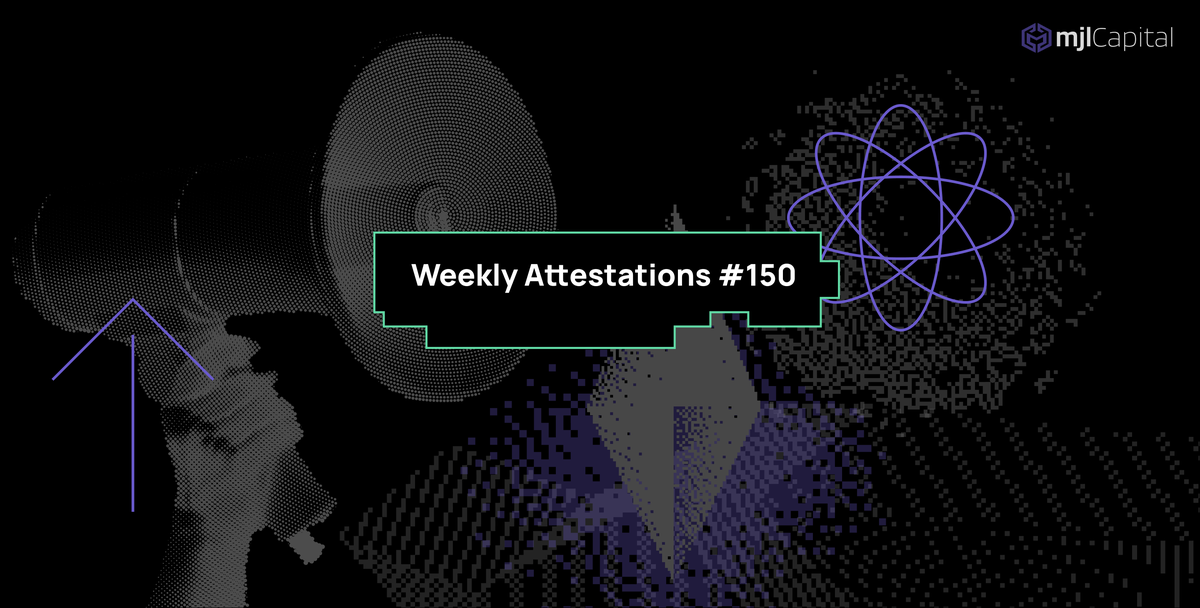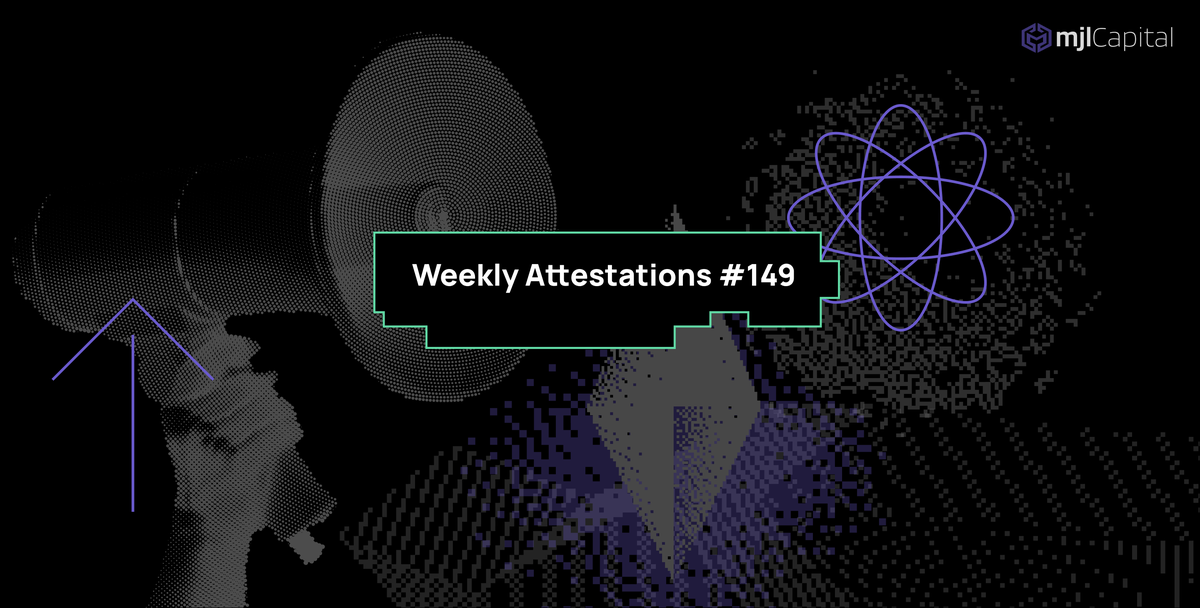Top Stories
Coinbase Eyes Deribit Buyout
Coinbase is reportedly in advanced talks to acquire Deribit, the world’s largest Bitcoin and Ether options exchange, in a deal valued between $4 billion and $5 billion, marking its most aggressive push into the lucrative crypto derivatives market. With Deribit processing $1.2 trillion in volume last year and holding a Dubai license, the acquisition would bolster Coinbase’s global footprint and intensify competition with Robinhood and Kraken, both of which are expanding their derivatives offerings. As Robinhood gears up to roll out staking and stablecoins via its Bitstamp acquisition, and Kraken enters U.S. futures markets through its $1.5 billion NinjaTrader deal, Coinbase stands to benefit from rising trading volumes and favorable U.S. crypto regulation, with analysts viewing it as the best-positioned platform to capitalize on the growing demand for perpetual futures and advanced trading products.
Binance Lands Historic $2B Investment from Abu Dhabi’s MGX
Binance has secured a $2 billion investment from Abu Dhabi-based MGX, marking the largest institutional investment in crypto history and the exchange’s first-ever institutional financing. MGX also acquired a minority stake in Binance, with the deal executed entirely in stablecoins—a first at this scale. Binance CEO Richard Teng, formerly of Abu Dhabi’s Financial Services Authority, hailed it as a milestone for both Binance and the broader crypto industry. MGX CEO Ahmed Yahia emphasized the growing demand for secure, compliant, and scalable blockchain infrastructure. The partnership will focus on advancing AI, blockchain, and financial innovation, as Binance continues to dominate with $651.5B in February spot trading volume, representing over one-third of global CEX activity.
Solana’s Inflation-Cutting Proposal Fails Despite Record Voter Turnout
Solana’s SIMD-228 proposal, which aimed to implement a dynamic emissions model to reduce SOL inflation, failed to pass despite receiving 61.4% approval, falling short of the 66.67% required threshold. The proposal would have replaced Solana's fixed inflation schedule with a model tied to staking participation, potentially lowering inflation to below 1% annually. While supporters saw it as a way to boost token scarcity and long-term value, critics warned it could undermine smaller stakers and validators. With 74% of staked SOL participating, SIMD-228 marked the largest crypto governance vote to date by both number of participants and market cap involved, according to Multicoin Capital’s Tushar Jain. For now, SOL emissions remain unchanged, with inflation at 4.6% annually, decreasing 15% per year until reaching a 1.5% floor.
Memecoin Market Crashes 90% as Crypto Sentiment Turns Risk-Off
The memecoin mania that defined 2024’s crypto rally has sharply reversed, with the GMCI Meme Index plunging from 550% gains in December to just 80% by March 2025—a staggering 90% drawdown. Major tokens like Shiba Inu, Dogecoin, Pepe, and TRUMP have suffered heavy losses as speculative traders exit amid cooling hype. The decline reflects the fragile, sentiment-driven nature of memecoins, which lack underlying fundamentals. Broader crypto sectors are also retreating, with GMCI30, DeFi, and GMCI12 indices trending downward, though AI-related tokens show more resilience. This market-wide pullback comes amid rising macroeconomic uncertainty and U.S. trade tensions, pushing investors away from riskier assets. The shift is evident in the sharp drop in revenue on Pump.fun, where daily fees have fallen below $1 million, signaling a major slowdown in speculative trading and new token launches.

Source: The Block
Hyperliquid Whale Exposed as Serial Scammer Behind $500M Crypto Trades
The mysterious Hyperliquid whale, who drew widespread attention for a series of high-stakes trades—including a $500 million short position and a well-timed Bitcoin long before Trump’s crypto reserve announcement—has been exposed by on-chain investigator ZachXBT as William Parker, a serial scammer and online gambler. While many suspected Parker of being a White House insider, ZachXBT’s investigation linked him to phishing attacks, a Solana-based casino exploit, and a 2023 casino theft in Finland. Despite earning $20 million in profits over the past month, Parker's trades were reportedly executed using stolen funds, and he maintained multiple accounts to obscure his identity. The revelation underscores the persistent challenges of fraud and anonymity in high-leverage crypto trading.
Trump Administration to Restructure USAID, Add Blockchain for Aid Transparency
The Trump administration plans to restructure USAID, rebranding it as U.S. International Humanitarian Assistance and placing it under the Secretary of State’s authority. A circulating memo outlines the integration of blockchain technology into the agency’s procurement and aid distribution systems, aiming to enhance security, transparency, and traceability by tracking payments and enforcing outcome-based funding models. While it’s unclear whether cryptocurrency or stablecoins will be used, the move aligns with efficiency initiatives led by the Department of Government Efficiency (DOGE), chaired by Elon Musk.
Regulation
Tether Pursues Full Reserve Audit with 'Big Four' Firm
Tether, the issuer of the largest stablecoin, is actively engaging with a 'Big Four' accounting firm to conduct a comprehensive audit of its reserves. This initiative aims to enhance transparency and bolster confidence among users and regulators. Tether's CEO, Paolo Ardoino, emphasized that this audit is a top priority, especially under President Donald Trump's crypto-supportive administration. Despite issuing over $140 billion in dollar-pegged tokens, Tether has previously provided only quarterly reports, making this move toward a full audit particularly significant. See similar: Tether Appoints New CFO to Lead Reserve Audit Efforts
U.S. Treasury Lifts Sanctions on Tornado Cash After Court Ruling
The U.S. Treasury Department has officially lifted sanctions on crypto mixer Tornado Cash, following a November 2024 appeals court ruling that found OFAC overstepped its authority. A subsequent U.S. District Court order in Texas in January enforced the reversal, leading to Tornado Cash and its associated wallets being removed from the OFAC SDN list. Originally sanctioned in August 2022 for allegedly aiding North Korean hackers like the Lazarus Group in laundering crypto, Tornado Cash had become a symbol of the debate over privacy vs. regulation in crypto. Treasury Secretary Scott Bessent emphasized the need to balance innovation and financial security, stating the U.S. must protect the digital asset industry from abuse to ensure leadership and inclusion in the evolving financial landscape.
Australia Unveils Sweeping Crypto Integration Plan, Embraces Tokenization and CBDC Pilots
Australia has introduced a comprehensive strategy to regulate and integrate digital assets into its financial system, drawing inspiration from the EU and Singapore. According to a white paper from the Australian Treasury, the government will pilot tokenized money trials, explore wholesale CBDC infrastructure, and launch a licensing framework for crypto exchanges, now labeled Digital Asset Platforms (DAPs). These DAPs must meet financial standards, use third-party custodians, and comply with capital and disclosure requirements. The plan aims to unlock efficiency in markets by enabling tokenized settlement, reducing costs and intermediaries, and enhancing access to illiquid assets. While a retail CBDC is off the table for now, the government is pursuing wholesale use cases and working to counter de-banking concerns, aligning with global efforts like the U.S. FIRM Act. See similar: South Korea's central bank rules out bitcoin reserve possibility
Cantor Sparks Revival in Crypto Lending as Institutional Players Step In
Crypto lending is experiencing a major resurgence, driven by institutional players like Cantor Fitzgerald, which just launched a $2 billion global Bitcoin financing arm. Alongside it, Blockstream Corp. and Xapo Bank have secured multi-billion dollar funding and are offering BTC-backed loans up to $1 million, respectively. The boom marks a shift from the failed era of undercollateralized loans by firms like Celsius, Genesis, and BlockFi, which collapsed during the 2022-2023 downturn. Now, with traditional banks and institutional trading platforms re-entering the space, the lending landscape is growing more mature—but risk management remains a major challenge. As crypto exchanges and brokers step in to fill the credit void left by bankrupt lenders, industry veterans say the success of this new cycle will depend on better safeguards and more sophisticated lending practices.
Other Domestic Regulation Updates
- XRP jumps as Ripple CEO says legal battle with SEC is over
- Trump Vows to Make U.S. the “Undisputed Bitcoin Superpower”
- Tornado Cash Sanctions Lifted by U.S. Treasury
- USAID could follow Elon Musk-led DOGE unit's idea to adopt blockchain technology
- Crypto Leaders Convene at White House Summit
- Binance's U.S. Arm in Talks with Trump Family for Potential Stake
- Bitwise launches a new ETF of corporate bitcoin hodlers
Other International Regulation Updates
- EU Expresses Concern Over U.S. Pro-Crypto Policies
- Rumble discloses its corporate bitcoin holdings
- Russia using crypto in oil trade to skirt Western sanctions
Pain & Gain
Pain
- CZ denies asking president for a pardon amid reports Trump family held Binance stake talks
- Strategy Ups ‘Strife’ Offering to $723 Million to Buy More Bitcoin
- Grok's unintentional token creation spree comes to an end
- Standard Chartered cuts year-end ether target to $4,000
- Cronos to reissue 70 billion burned CRO tokens following controversial vote
Gain
Important Legal Notices
This reflects the views MJL Capital LLC (“MJL”), but it should in no way be construed to represent financial or investment advice. Nothing in this correspondence is intended to constitute or form part of, and should not be construed as, an issue for sale or subscription of, or solicitation of any offer or invitation to subscribe for, underwrite, or otherwise acquire or dispose of any security, including any interest in any private investment fund managed by MJL. Any such offer may only be made pursuant to a formal confidential private placement memorandum of any such fund, which may be furnished to potential investors upon request and which will contain important information to be considered in connection with any such investment, including risk factors associated with making any investment in any such fund. Further, nothing in this correspondence is, or is intended to be treated as, investment or tax advice. Each recipient should consult their own legal, tax and other professional advisors in connection with investment decisions.
Domenic Salvo is a Managing Partner at MJL Capital, helping lead Portfolio Research and Investor Relations.

.png)


